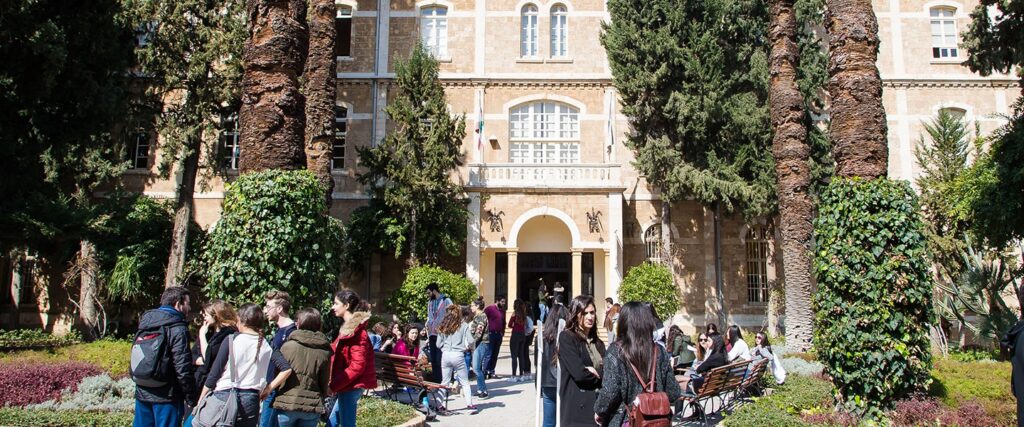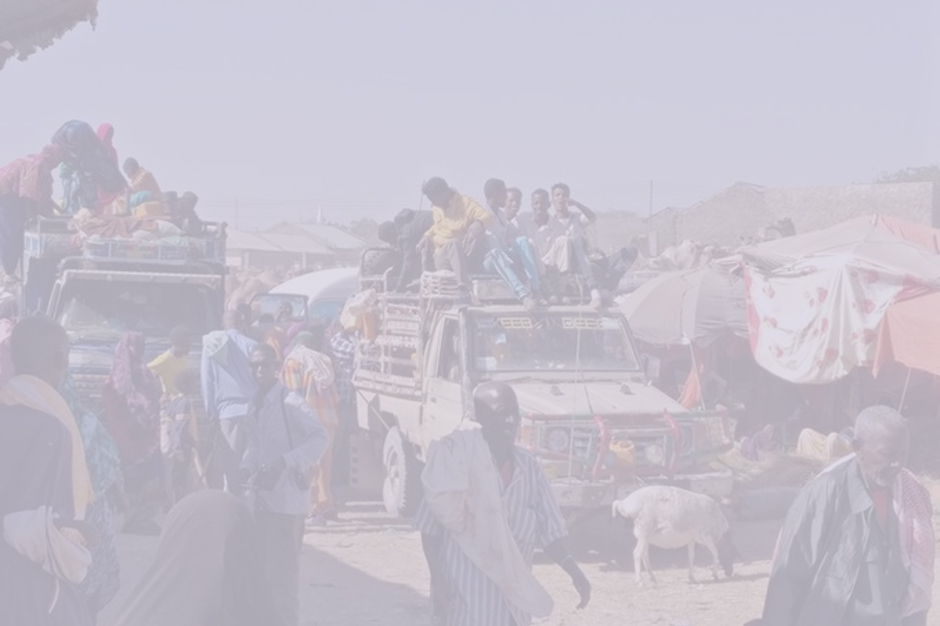Since 2001, the Somali private sector has grown steadily thanks to improved security and increasing stability. As such, agricultural activities and trade have developed significantly, although businesses are often informal with structures based on family and clan (World Bank, Unemployment rate (%) Somalia, 2018).
However, despite this progress and according to the International Organization of Migration (IOM), tens of thousands of people leave Somalia/Somaliland every year, and 60% of young people consider migrating because of youth unemployment – estimated at 25% in 2019 (World Bank Data, Youth Unemployment Rate for Somalia, 2019) – and lack of job prospects (IOM, Somalia, 2017).
In this context, SPARK, a Dutch NGO focused on creating jobs for young people in fragile states, has implemented the Local Employment in Africa for Development (LEAD) program seeking to improve employment opportunities for youth by supporting entrepreneurship and helping create sustainable jobs.
The LEAD program has been focused on activities in Libya, Somalia, and Tunisia aimed at underpinning the human potential of local youth to reduce migration and radicalization in the countries.










Recent Comments